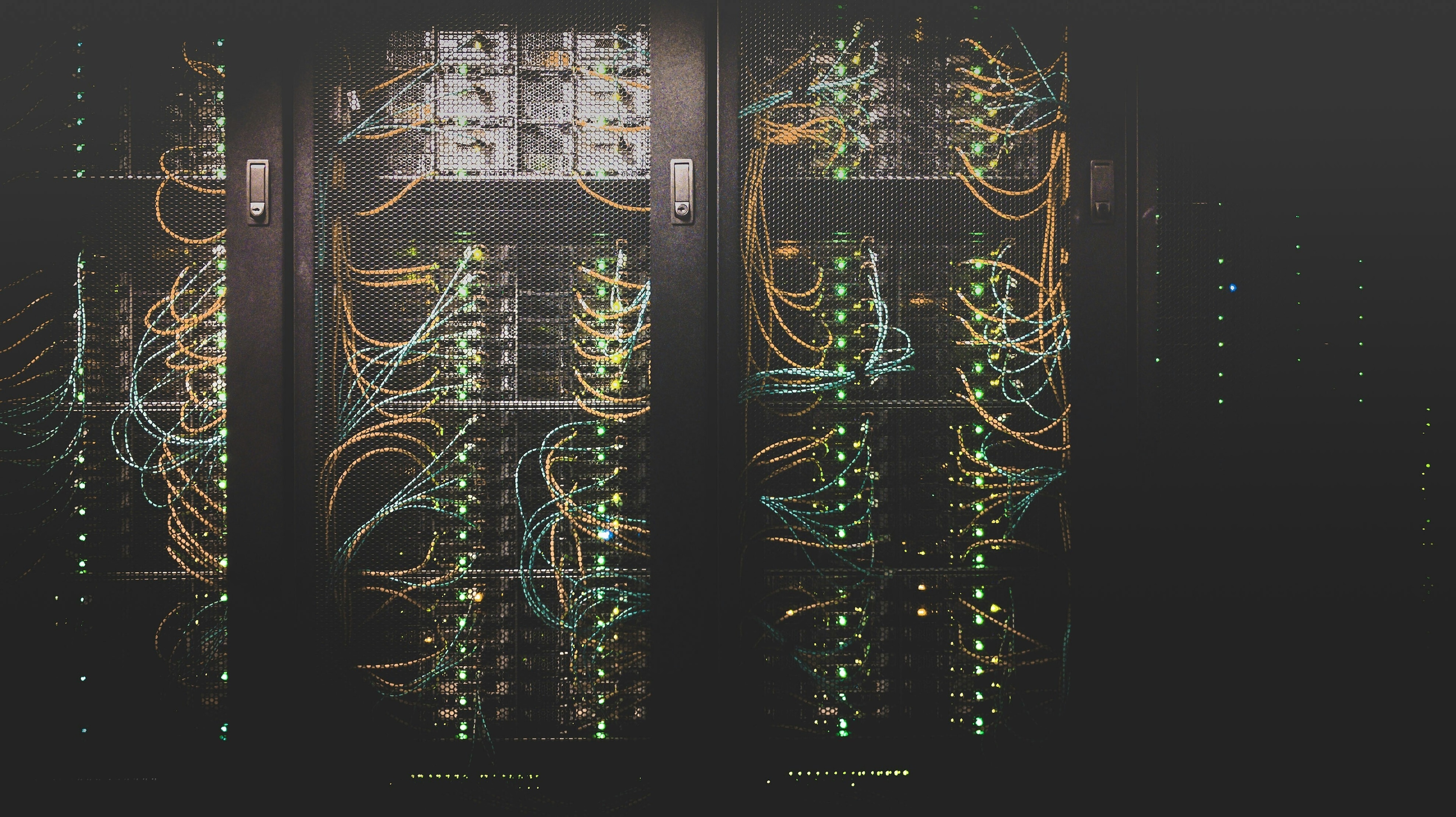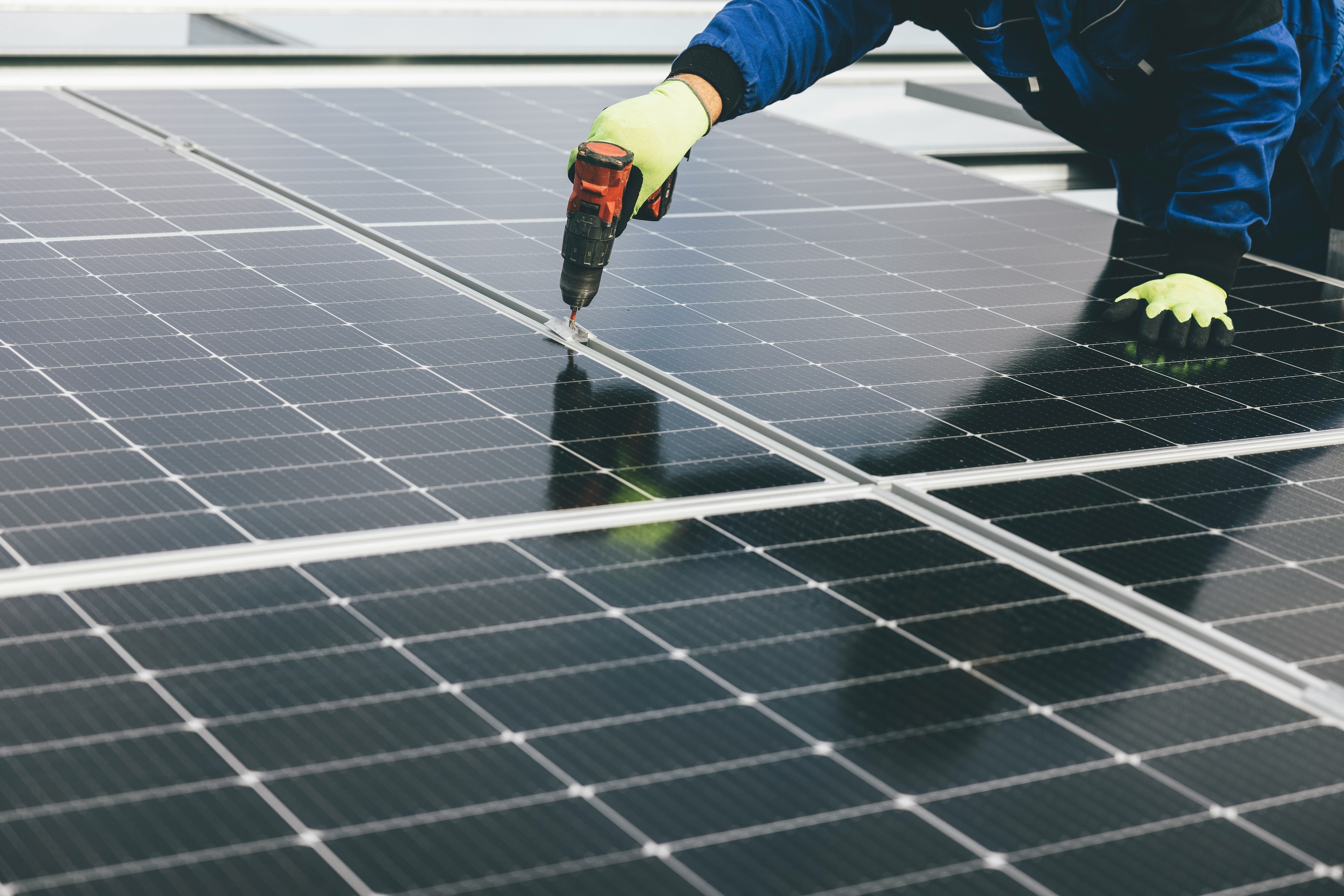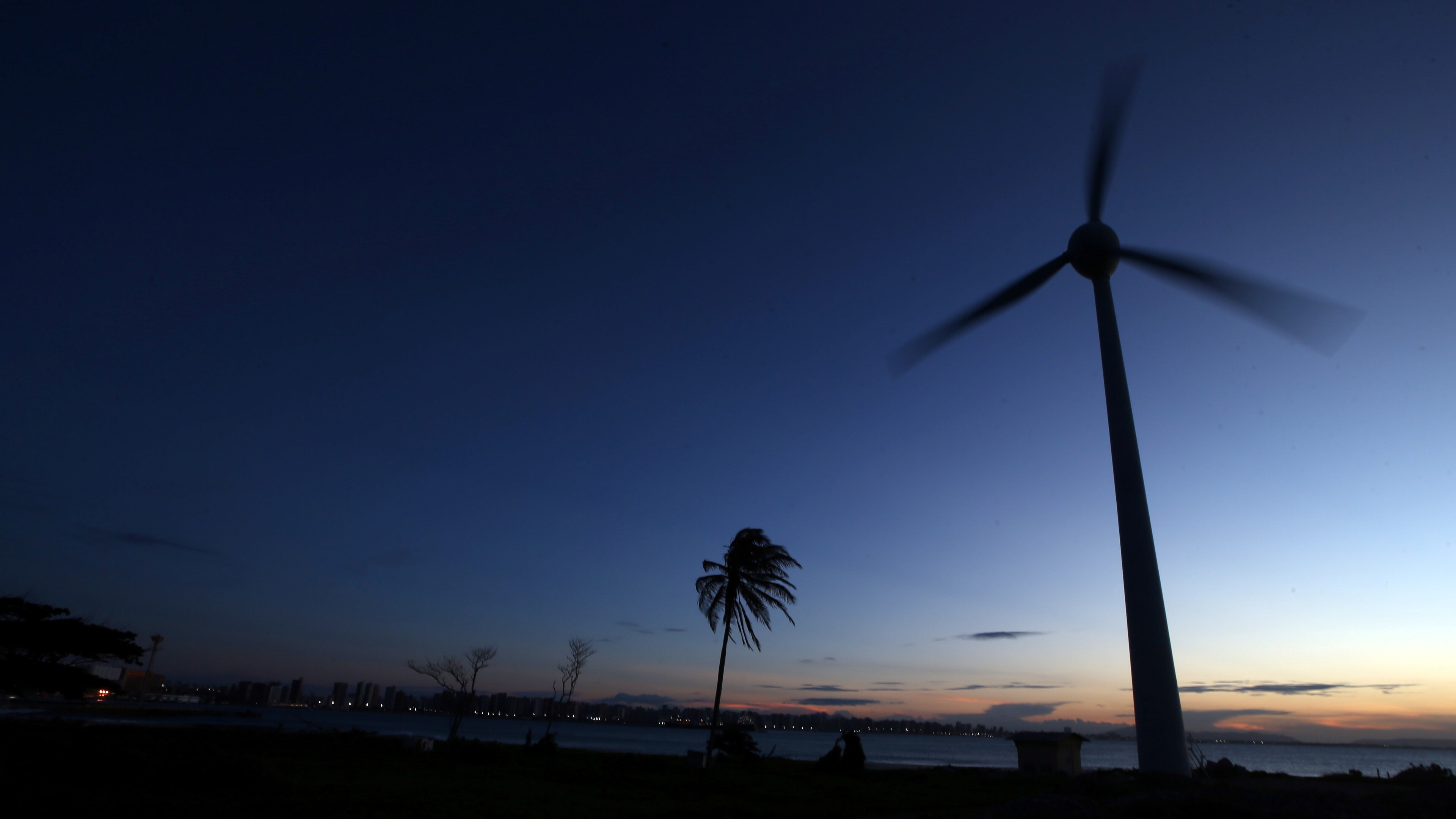Keeping renewables clean: the lessons to be learnt from Ukraine’s green energy transition

Renewable energy must be clean and green
Image: Photo by Karsten Würth on Unsplash
Stay up to date:
Renewable Energy
- Rapid growth of renewables and the push to meet net zero heightens corruption risks.
- Mitigating corruption risks requires transparency, technology and collective action.
- Ukraine has the potential to be the green powerhouse for the European Union.
Against a backdrop of war and instability, Ukraine’s progress in renewable energy stands out. This isn’t just following a global trend – it’s a lifeline for the nation’s future. As we rebuild and fight for energy security, renewable energy offers a path to cleaner air and lower emissions and a stronger, more resilient energy system that is less vulnerable to attacks.
At DTEK, Ukraine’s largest private power company, war is accelerating our transition to green energy. We have seen, firsthand, how much more resilient decentralized renewables are to military attack. Even after losing 500 MW of wind power generation to Russia following the invasion in 2014, we doubled down and invested €1.4 billion in renewables. Most notably, during the full-scale war, we built the Tyligulska Wind Power Plant by the Black Sea and are about to quadruple its size to 500 MW.
Securing capital to progress renewable energy projects in developing markets is hard enough. To do so as a country at war makes it even harder. That is why our efforts to fight corruption in Ukraine are urgent and an increasing priority.
As a result, we have taken significant steps to strengthen our governance and operations to secure the funding needed for this critical development. This includes ensuring transparency, zero tolerance of corruption in all forms and anti-corruption safeguards to track foreign assistance to our energy sector. For example, we introduced a specialized CRM system to track every dollar and euro – through the aid lifecycle from demand assessment to delivery to deployment. Today, equipment worth over $48 million has been recorded in this system and another €107 million in energy aid is being provided by the European Commission and the US Government.
Ukraine’s potential as a huge source of renewable energy makes this battle even more important. With the confidence of international investors and partners behind us, Ukraine can become a green energy hub for Europe as President Zelensky has suggested. In a world where renewable energy capacity grew by 50% globally last year, Ukraine has the space, skills, permitting regime and weather conditions to produce almost 19,000 TWh of solar and wind power a year – seven times more than Europe’s current demand.
Corruption risks in renewable energy
Imagine a future where renewable energy powers entire communities, changing the way we live and do business. It’s an exciting vision, but it doesn’t come without challenges.
Like fossil fuels and other extractive industries, renewable energy faces corruption risks. In fact, they may be even greater. The flood of public and private funds pouring into this industry, now and in the future, opens the door to potential mismanagement. Problems, such as misused funds or favouritism in awarding contracts, threaten to stall projects and wear down public trust in clean energy.
Corruption doesn’t just harm the sector, it also drains public funds and increases inequality, making life harder for communities.
Three lessons learned: transparency, technology and collaboration
In our view, companies should never rely solely on the right words, like the generic anti-corruption clauses found in most contracts. We need stronger, more practical solutions to protect the growth of renewables and to make sure they deliver lasting benefits. Three areas that stand out are:
1. Transparency
Transparency requires public disclosure of procurement programmes, third-party oversight and leadership publicly showing its zero tolerance for corruption. These are some of the easiest and most effective steps any organization can take in tackling corruption. Together with robust compliance systems and a clear policy framework, the bright light of transparency is critical to the faster rollout of renewables in Ukraine and elsewhere. Equally important, companies must intensify their due diligence of partners to ensure we have a clean industry.
What's the World Economic Forum doing about the transition to clean energy?
2. Technology and AI
New technologies open up an array of new weapons in the fight against corruption. Automation helps us spot conflicts of interest. Artificial intelligence allows us to analyze large datasets and raise red flags, for example, around suspicious transactions. Additionally, secure systems can enhance whistleblowing channels, encouraging individuals to report corrupt activities without fear of reprisal.
3. Collective action
No organization can win this battle alone. That’s why we work with other businesses, the Ukrainian government and other organizations in and outside of Ukraine to build transparent frameworks. As part of the World Economic Forum’s Partnering Against Corruption Initiative (PACI), we share best practices and experiences with organisations like the OECD, Transparency International and the Extractives Industries Transparency Initiative.
This agenda and the work of organizations, such as PACI, must now become a priority for our industry. Only a clean renewables sector can deliver a clean energy surge significant enough to meet the twin challenges of climate change and energy security.
Accept our marketing cookies to access this content.
These cookies are currently disabled in your browser.
Don't miss any update on this topic
Create a free account and access your personalized content collection with our latest publications and analyses.
License and Republishing
World Economic Forum articles may be republished in accordance with the Creative Commons Attribution-NonCommercial-NoDerivatives 4.0 International Public License, and in accordance with our Terms of Use.
The views expressed in this article are those of the author alone and not the World Economic Forum.
Forum Stories newsletter
Bringing you weekly curated insights and analysis on the global issues that matter.
More on Energy TransitionSee all
Tony Pan
August 27, 2025
Thomas Brostrøm and Sandeep Kashyap
August 26, 2025
Charles Bourgault and Sarah Moin
August 19, 2025
Jürgen Karl Zattler and Adrian Severin Schmieg
August 18, 2025
Piyush Verma
August 18, 2025







